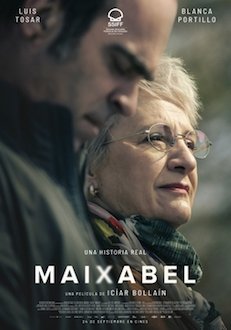Direction: Juan Antonio Bayona
Country: Spain / USA
From the Spanish director of The Orphanage (2007) and The Impossible (2012), Juan Antonio Bayona, Society of the Snow is a moving tale of survival against all odds and a magnificent lesson in courage and hope. Adapting Pablo Vierci’s book of the same name, Bayona, along with his three co-writing associates, solidly depicts the 1972 crash in the Andes Mountains of an Uruguayan Air Force plane transporting a rugby team from Montevideo to Santiago. 16 people miraculously survive in unimaginable conditions after 72 days of being stranded, facing extreme cold, hunger, and complex moral dilemmas.
The film provides an uncomfortable viewing experience, offering an overwhelming and anguishing account of a terrible accident. The cumulative visual effects is powerful enough to get you caught in the gut, exposing horror and suffering at different levels while also enhancing the courage and the hope of these brave men with stunning precision and grueling agitation.
The movie's greatest strength lies in its visuals, supported by a nausea-inspiring sense of survivalism that shifts gears into noble acts of kindness, compassion, and collective trust. The plane crash is breathtaking in its technical magnificence, but the emotions, despite numerous close-ups and moments of high tension, ebb and flow.
Having said that, while Society of the Snow may not be a constant nail-biter, there’s enough of an emotional engine driving interest in the story. Magnified by Pedro Luque’s sharp cinematography, this stress-inducing film offers a sensory experience tcapable of accelerating your heartbeat and diverting your mind from minor troubles.














































